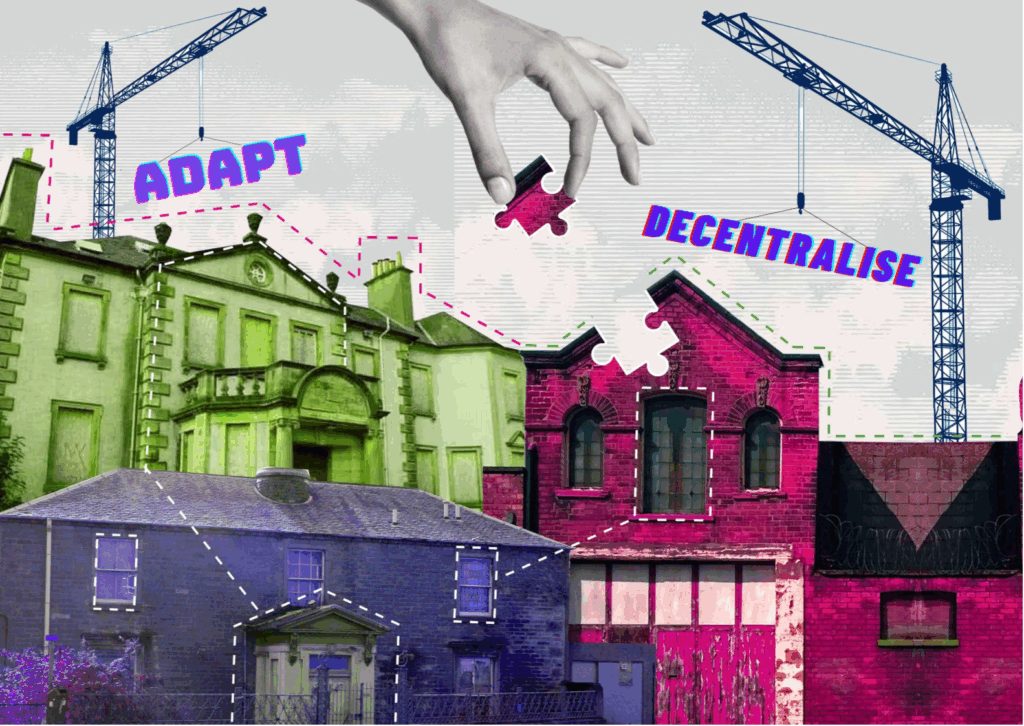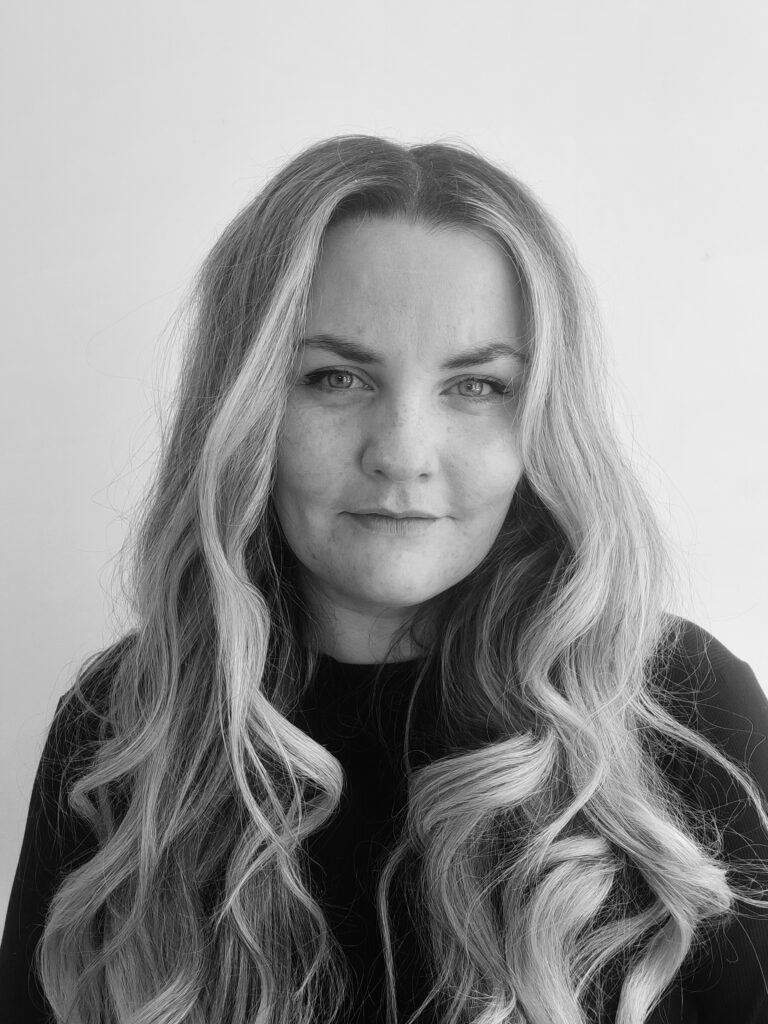Cutting Emissions, Not Connections
This project proposes repurposing vacant buildings into inclusive, community-led preventative care hubs for refugees displaced by climate change and conflict.

About the Project
Climate change and conflict are driving rising levels of displacement, with an estimated 1.25 billion people affected in the next 20 years. This puts increasing pressure on public services like the NHS, while displaced communities often face unequal access to healthcare and support. Current infrastructure is not designed to meet these urgent, complex needs.
This project proposes repurposing vacant buildings into inclusive, community-led preventative care hubs for refugees displaced by climate change and conflict. Using adaptive reuse and circular design principles, the hubs aim to provide decentralised, dignified healthcare while reducing carbon emissions and easing NHS demand. Developed through design workshops with NGOs, Innovation Centres, and informed by the lived experiences of displaced communities, the project focuses on co-creating spaces that integrate public health, sustainability, and social equity. The result is a scalable model that supports long-term resilience and offers a more just, climate-adaptive approach to healthcare infrastructure.


